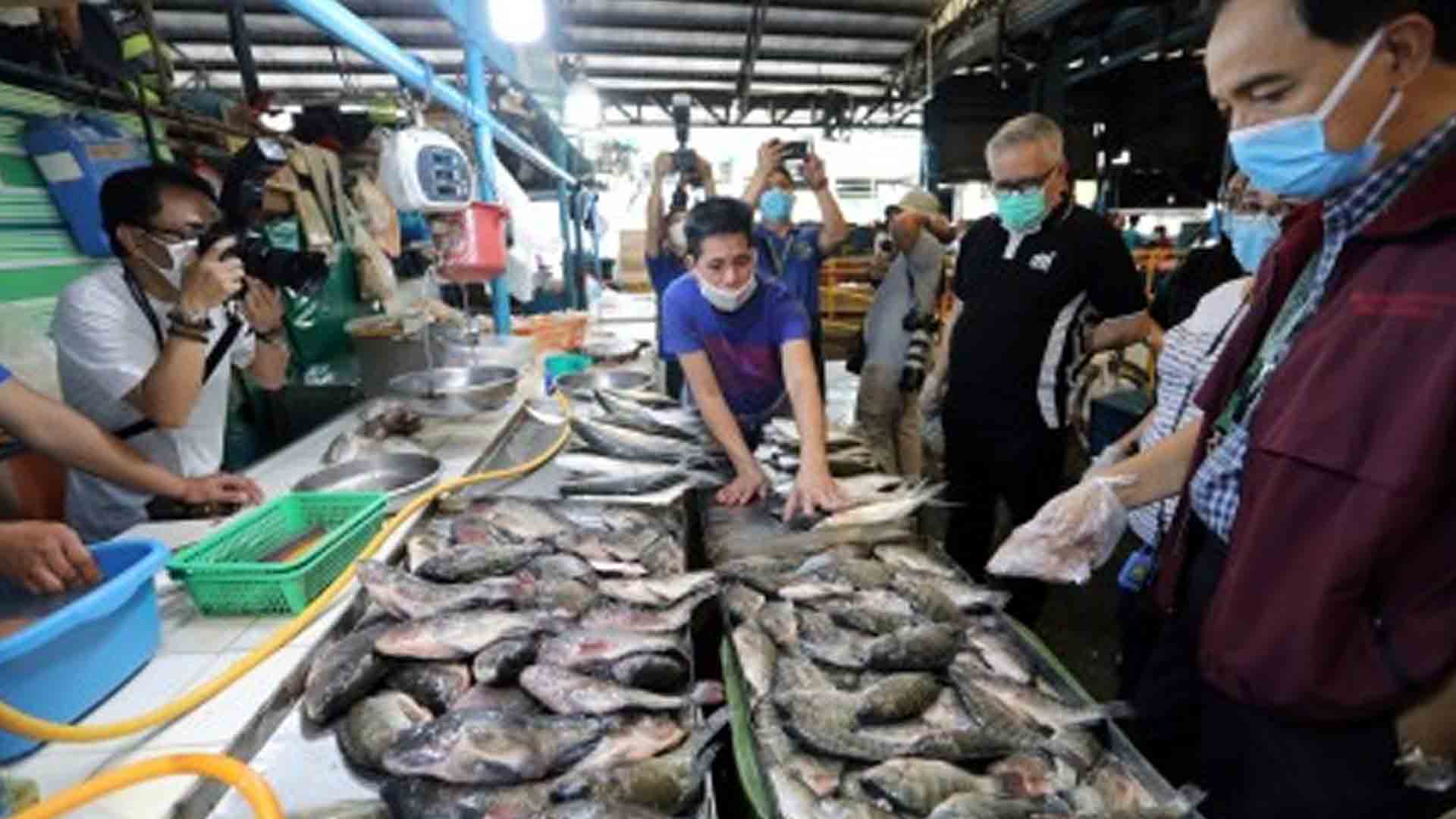The establishment of a food inspection facility in all major ports of the country is being pushed to ensure the quality and safety of imported produce reach Filipino consumers.
Advocacy group Tugon Kabuhayan made the call amidst reports of alleged excessive use of antibiotics by fish farms in China.
The South China Morning Post, in a report on April 2, featured research done by Peking University professor Wen Donghui which showed an alarming buildup of antibiotics found in fish and other forms of marine life along China’s 32,000-kilometer coastlines.
Tugon Kabuhayan convenor and former director of the Bureau of Fisheries and Aquatic Resources (BFAR) Asis Perez, in a statement on Tuesday, said the excessive use of antibiotics in fish and other marine life could pose threats to food safety in the country given a large number of fish imports from China.
In 2019, the Philippines imported almost PHP9-billion (USD174.16-million) worth of fish, mollusks and aquatic invertebrates from China. This includes species like pompano, baby shrimps and tilapia.
“Overuse of antibiotics can lead to the development of drug-resistant superbugs in the long run. This is a food safety concern that needs to be addressed since we import from countries like China,” the group said. “We must emphasize that we shouldn’t discriminate in terms of inspection and testing. All imported fish and other food items, for that matter, should be tested for antibiotics and diseases, regardless of their country of origin.”
“We cannot risk our people consuming possibly contaminated imported fish and other food products,” it added.
Prohibited antibiotics like fulfathiaole, chloramphenicol and erythromycin were detected in the waters which may also indicate that the farmers in China may have used antibiotics in violation of regulations.
While these antibiotics might not cause immediate harm, “the combined effect of different types of antibiotics remains poorly understood and requires further investigation,” the researchers noted.
The Department of Agriculture (DA) has committed to building the country’s first Agriculture Commodity Examination Area (ACEA) to enable the immediate testing of samples from commodities suspected to carry animal, fish or plant pests or diseases and other hazardous contents.
The ACEA, with its controlled temperature environment, will capacitate the quarantine officers to thoroughly inspect the contents of an identified high-risk containerized agricultural shipment.
“We commend the DA for allocating budget for the border inspection facilities, but we hope other agencies like the Philippine Ports Authority would approve it with dispatch,” the group said.
“The industry is always ready to support government’s initiatives especially when it comes to food safety, in any way it can. In the absence of first border inspection, perhaps the government can consider accrediting third-party testing centers to do the job,” it added. (PNA)





















